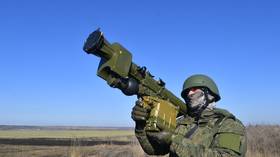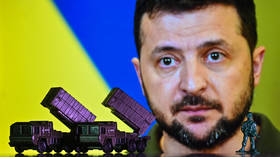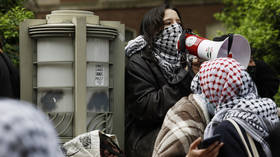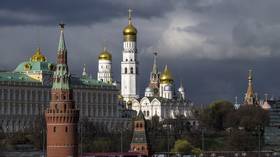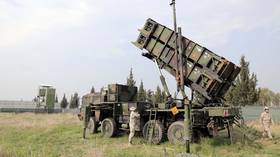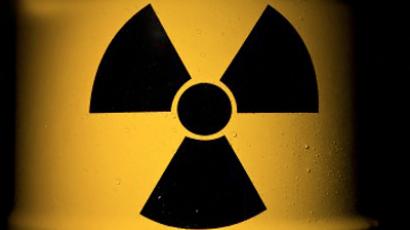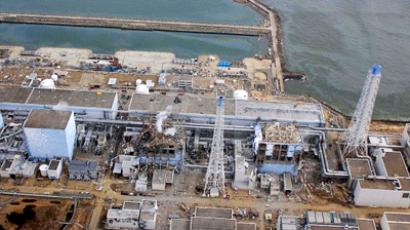No Japan without nuclear energy – Japanese official
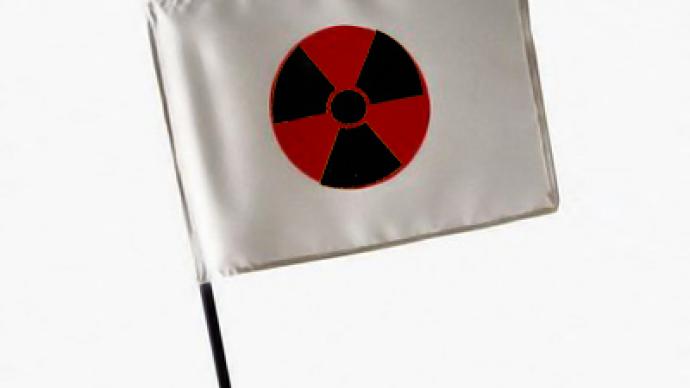
Despite concerns over Japan's government hushing up the dangers, the second highest-ranking nuclear official in the country thinks the issue is simply too complicated for the general public to come to terms with.
RT takes a closer look at the nuclear crisis in Japan in an interview with Hidehiko Nishiyama, a spokesman for the Nuclear Industry and Safety Agency.“The Japanese government tried to distribute or make available all the information we got from TEPCO [Tokyo Electric Power Company] and from our monitoring assistants…, [but ] we have to explain [the situation] in the manner which people can easily understand,” he told RT.The Japanese official noted that, despite all the figures on the situation around the country’s nuclear crisis being distributed to the public, it is not always easy for ordinary people to understand what these figures actually mean – how dangerous or safe a particular situation is.“We think that, except for places very close to the nuclear power plant, Fukushima Daiichi, there is no big risk for ordinary people. So we should make them understand that point,” he said.On April 19, the Japanese government notified education authorities of Fukushima Prefecture that the level of 20 millisieverts (mSv) per year is to be used as a radiation safety standard for school grounds and buildings in Fukushima Prefecture. This is 20 times the international standard of one mSv per year, which has been in effect until now and is comparable to the maximum dose allowed for nuclear power plant workers in some countries.The spokesman for the Nuclear Industry and Safety Agency believes that these new standards are justifiable in an emergency situation.“We do not say that 20 mSv [per year] is safe, but it’s an applicable standard in this type of emergency situation,” he said.In conclusion, Hidehiko Nishiyama pointed out that, as of now, it is impossible to imagine Japan moving away from atomic energy.“Thirty per cent of our electricity [is produced] from nuclear energy. So, we have to use nuclear energy in the near future at least,” he concluded.


